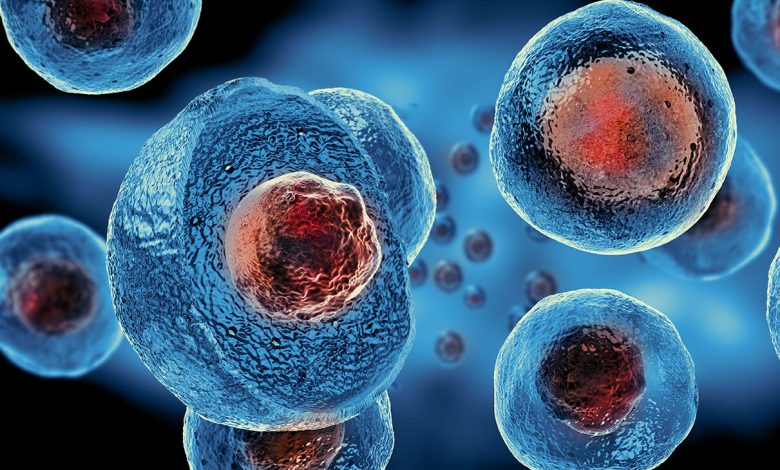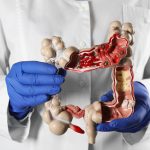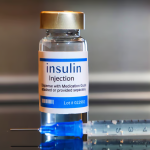Breakthrough Discovery: Lab-Grown Pancreas Cells Offer Hope for Type 1 Diabetes Cure

In a groundbreaking development, a small-scale clinical trial has yielded highly promising results for individuals with type 1 diabetes (T1D). Researchers at Vertex Pharmaceuticals have pioneered a novel approach involving lab-grown pancreas cells derived from stem cells. These insulin-producing islet cells, when transplanted into T1D patients, have shown remarkable efficacy, potentially paving the way for improved treatment options or even a cure for this insulin-dependent condition.
The initial findings from this early-stage trial were unveiled at the European Association for the Study of Diabetes annual meeting in Hamburg, offering hope to millions of individuals worldwide who grapple with the daily challenges of managing T1D. Here are the key highlights from this groundbreaking development:
1. Lab-Grown Pancreas Cells: The foundation of this research revolves around the cultivation of insulin-producing pancreas cells from stem cells within a laboratory setting. These cells, referred to as islet cells, play a pivotal role in regulating blood sugar levels by producing insulin. However, in individuals afflicted with T1D, these islet cells are often non-functional or entirely absent, necessitating a lifelong reliance on insulin.
2. Promising Early-Stage Trial: The study, comprising six adults with T1D, demonstrated the effectiveness of the stem cell-derived islet cells. All participants in the trial had long struggled with insulin management, relying on high doses of the hormone for years and frequently experiencing life-threatening episodes of low blood sugar.
3. Reduced Insulin Dependency: The most groundbreaking outcome of the trial was that half of the participants—three out of six—no longer required insulin following the treatment. One participant has remained insulin-independent for an impressive 24 months, while the other two have enjoyed periods of 12 and 6 months, respectively, without needing insulin. This development offers profound hope to individuals with T1D, potentially liberating them from the constant demands of insulin management.
4. Potential for Life-Changing Therapy: Dr. Trevor Reichman, the study leader from the University of Toronto, described these results as “truly remarkable.” He emphasized the potential of this therapy to transform the lives of those afflicted with T1D, alleviating the relentless burden associated with the condition.
5. Ongoing Research: The treatment, known as VX-880, is not yet widely accessible but is undergoing further testing. It is currently being assessed in an additional 10 patients before advancing to larger-scale trials. Significantly, VX-880 has received designations such as PRIME from the European Medicines Agency and Fast Track Designation from the U.S. Food and Drug Administration, indicating the profound potential of this advancement.
In conclusion, the development of lab-grown pancreas cells for treating type 1 diabetes represents a momentous breakthrough with the potential to revolutionize the lives of those grappling with this lifelong condition. While further research and trials are essential, the preliminary findings are highly promising and signify a substantial stride toward enhancing the quality of life for individuals with T1D. This advancement holds the promise of more effective treatments and, in an ideal scenario, even a cure for those reliant on insulin.





